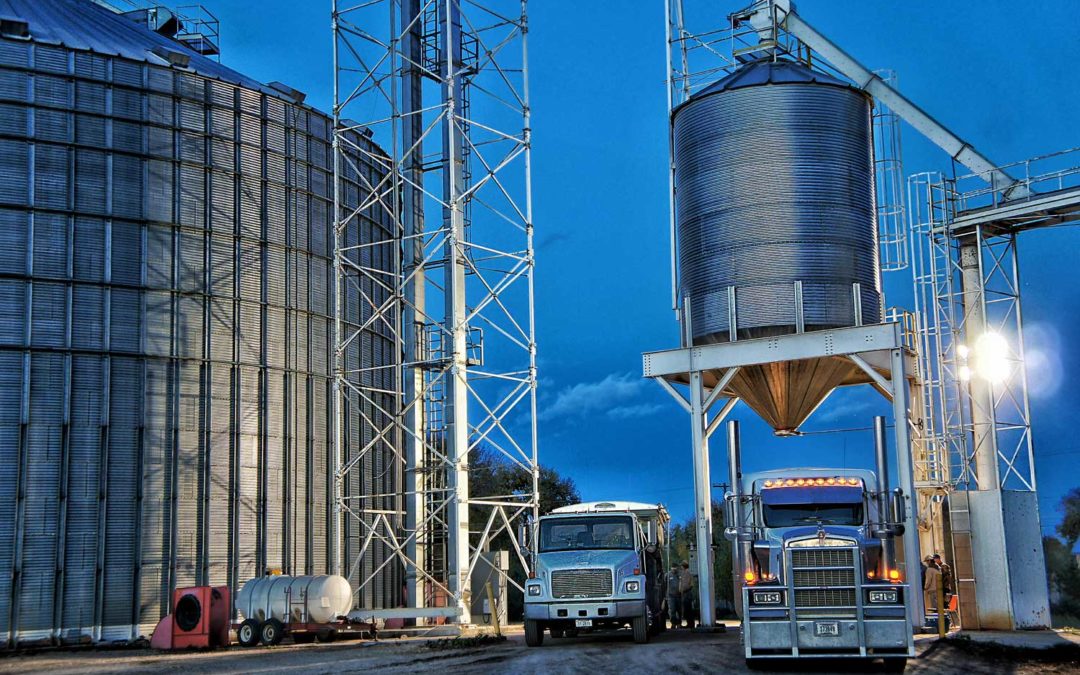On May 4, 2020, the Small Business Administration (the “SBA”) issued a press release stating it has re-opened its online EIDL application portal and is now accepting EIDL applications from U.S. agricultural businesses only. Any applications submitted prior to May 4, 2020, will still be processed on a first-come, first-serve basis, and any agricultural businesses that applied prior to the legislative change do not need to re-apply as the SBA will automatically begin processing those applications.
Under Section 7(b)(2) of The Small Business Act, the SBA is authorized to extend EIDLs to small businesses, private non-profit organizations, small agricultural cooperatives, and small agricultural enterprises in an area affected by a disaster which causes substantial economic injury. The Coronavirus Preparedness and Response Supplemental Appropriations Act, 2020 declared the coronavirus outbreak to be a disaster permitting the SBA to extend EIDLs. In response, the governors of Nebraska, Iowa, and many other states have qualified with the SBA so that their residents may apply directly to the SBA for EIDLs.
Application for EIDLs may currently be made on the SBA’s website, and the information required of applicants is listed in the page preceding the actual application. These loans may be used to pay fixed costs (such as rent), payroll, accounts payable, and other bills that cannot be paid due to the effects of coronavirus, but cannot be used for certain purposes, such as refinancing debt, making payments on loans owed to another federal agency, paying tax penalty obligations, repairing physical damage, or to pay dividends to shareholders. Additional information about EIDLs can be found here and on our website, along with information regarding additional relief available to farmers and ranchers impacted by COVID-19.
The Agriculture and Agribusiness attorneys at Dvorak Law Group have the knowledge and experience to efficiently assist our clients with financing needs. Please contact Dvorak Law Group for specific questions and recommendations regarding how SBA loans may assist your business.


Recent Comments